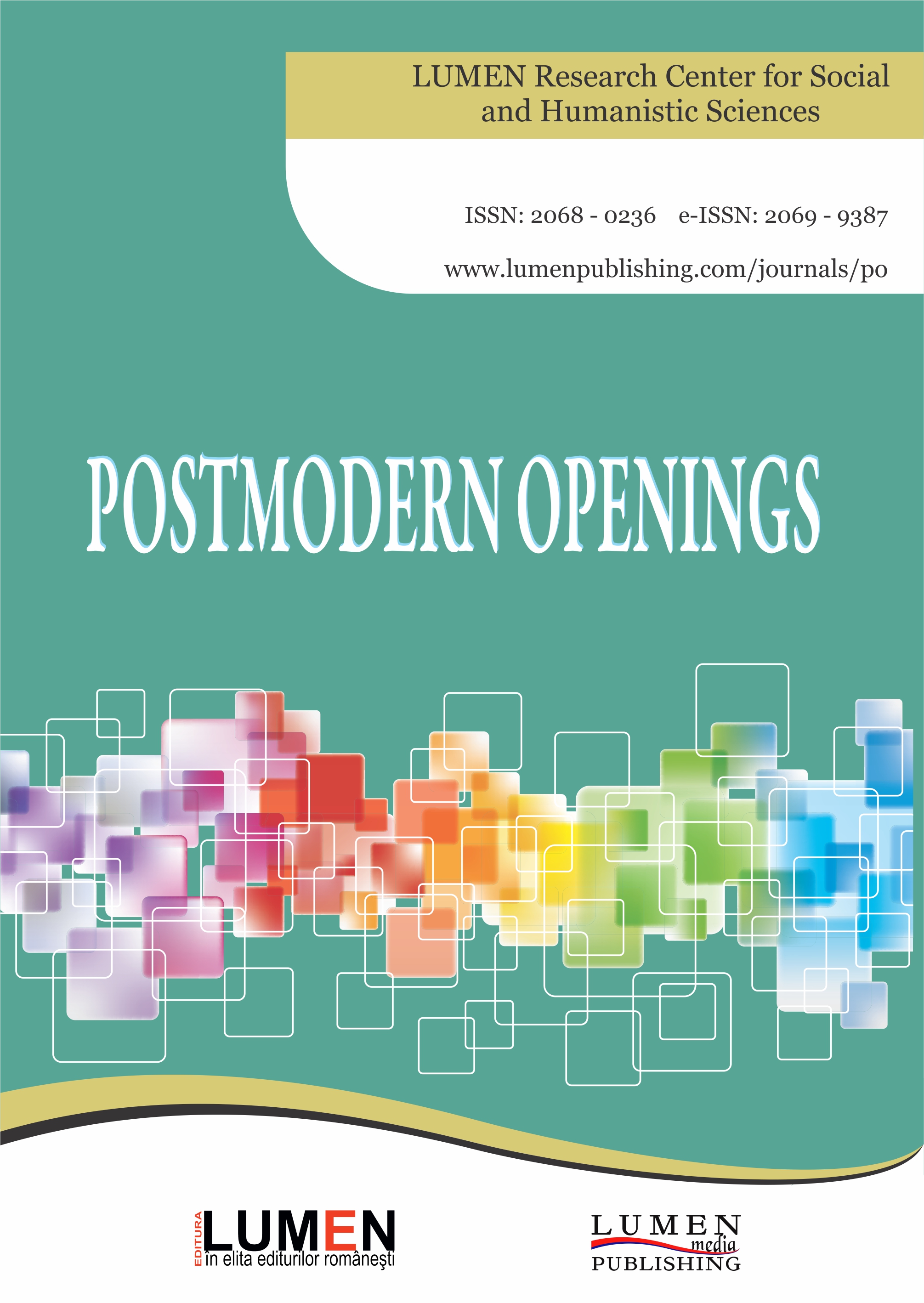Social Activity of Contemporary Ukrainian Society: Threat to Internal Stability or Possibility of Social Dialogue
Social Activity of Contemporary Ukrainian Society: Threat to Internal Stability or Possibility of Social Dialogue
Author(s): Tetyana Yereskova, Oleg Mazuryk, Oksana Tymofieieva, Tetiana OpryshkoSubject(s): Social Sciences, Education, Sociology
Published by: Editura Lumen, Asociatia Lumen
Keywords: social activity; open society; social challenges; social interaction; social groups;
Summary/Abstract: The article substantiates the social nature of the dichotomy of contemporary postmodern society through the analysis of the social content of possible forms of social activity. Using the terminology of S. Deetz’s theory of communication, the authors substantiate that today in Ukrainian society there are three main forms of social activity - consent; involvement; participation. The dominance of a certain form of social dialogue in society determines the nature, dynamics, direction, spatial and temporal social activity limitations. The results of an empirical study on the distribution of forms of social activity in contemporary Ukrainian society are presented. Emphasis is placed on the fact that one of the conditions for reducing the social destructiveness of postmodern society is the value context of social dialogue as a manifestation of social activity that regulates relations between social groups. In postmodern society, there is a multiplicity of variations of social interaction. The social nature of the constructive social activity of contemporary Ukrainian society “lies” in the plane of “social interaction - social dialogue - social trust”. Effective (constructive) social interaction between certain social groups (especially those which have the ability and desire to influence social processes actively) leads to the formation of new social relations, that, in turn, form opportunities for social dialogue between them. This dialogue influences the evolution (progressive reforming) of the structural organization of society, which is a prerequisite for the stability of society, decreasing its potential social destructiveness (especially in a situation of social challenges).
Journal: Postmodern Openings
- Issue Year: 11/2020
- Issue No: 4
- Page Range: 144-173
- Page Count: 20
- Language: English

